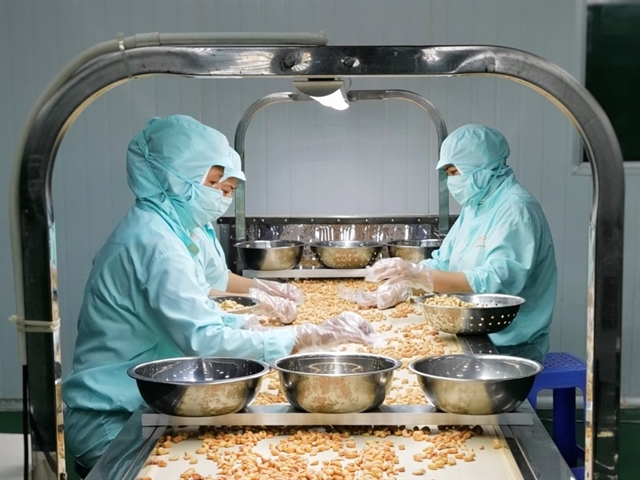The Netherlands is currently Việt Nam's largest European investor and second-largest export market, according to Vietnamese Trade Counsellor to the Netherlands Võ Thị Ngọc Diệp.

HÀ NỘI — Việt Nam's exports will continue to enjoy a strong competitive advantage in the Dutch market due to tariff reductions under the EU-Việt Nam Free Trade Agreement (EVFTA), according to the Việt Nam Trade Office in the Netherlands.
Vietnamese Trade Counsellor to the Netherlands Võ Thị Ngọc Diệp noted that the Netherlands is currently Vietnam’s largest European investor and second-largest export market. Conversely, Việt Nam is one of the Netherlands' top Asian trading partners and among its 20 largest goods suppliers.
As the logistics hub of Europe, the Netherlands plays a crucial role as an entry point for Vietnamese exports into the EU market. The country is particularly well known as an essential transit point for products like fruits and vegetables.
Among the industries benefiting the most from the EVFTA, Việt Nam's agricultural sector stands out. Major Vietnamese farm produce exports to the Netherlands and the broader EU – such as seafood, rice, fruits, and vegetables – have already been enjoying preferential tariffs since the agreement took effect.
Việt Nam's exports of these products to the Netherlands experienced strong growth between 2020 and 2022, with a particularly impressive surge in 2022. Coffee exports soared by 170 per cent, while fruits and vegetables increased by 48 per cent, rice by 28 per cent, seafood by 18 per cent, and pepper by 10 per cent.
Despite this positive trend, the Netherlands and the EU remain highly demanding markets with strict regulations and standards across various industries. Vietnamese businesses must comply with these requirements to secure a foothold in this competitive environment.
Adhering to these regulations is already a challenge, particularly for agricultural and food products, but maintaining a stable presence in the long term proves even more difficult.
Compliance with the EU's safety, sustainability, and environmental standards is increasingly critical. Additionally, businesses should focus on packaging and labelling that aligns with Dutch consumer preferences, including clear usage instructions for products that may be unfamiliar to local buyers.
According to the trade office, bilateral trade between Việt Nam and the Netherlands reached nearly US$13.8 billion in 2024, marking an annual increase of 26.3 per cent. Việt Nam’s exports to and imports from the European nation surged to nearly $13 billion and $784 million, up 26.9 per cent and 17.6 per cent year-on-year, respectively.
This marks the highest trade growth in five years, solidifying the Netherlands as Việt Nam's largest European trading partner to date. With 2024’s upward trajectory, bilateral trade is expected to continue its impressive expansion this year. — VNS





